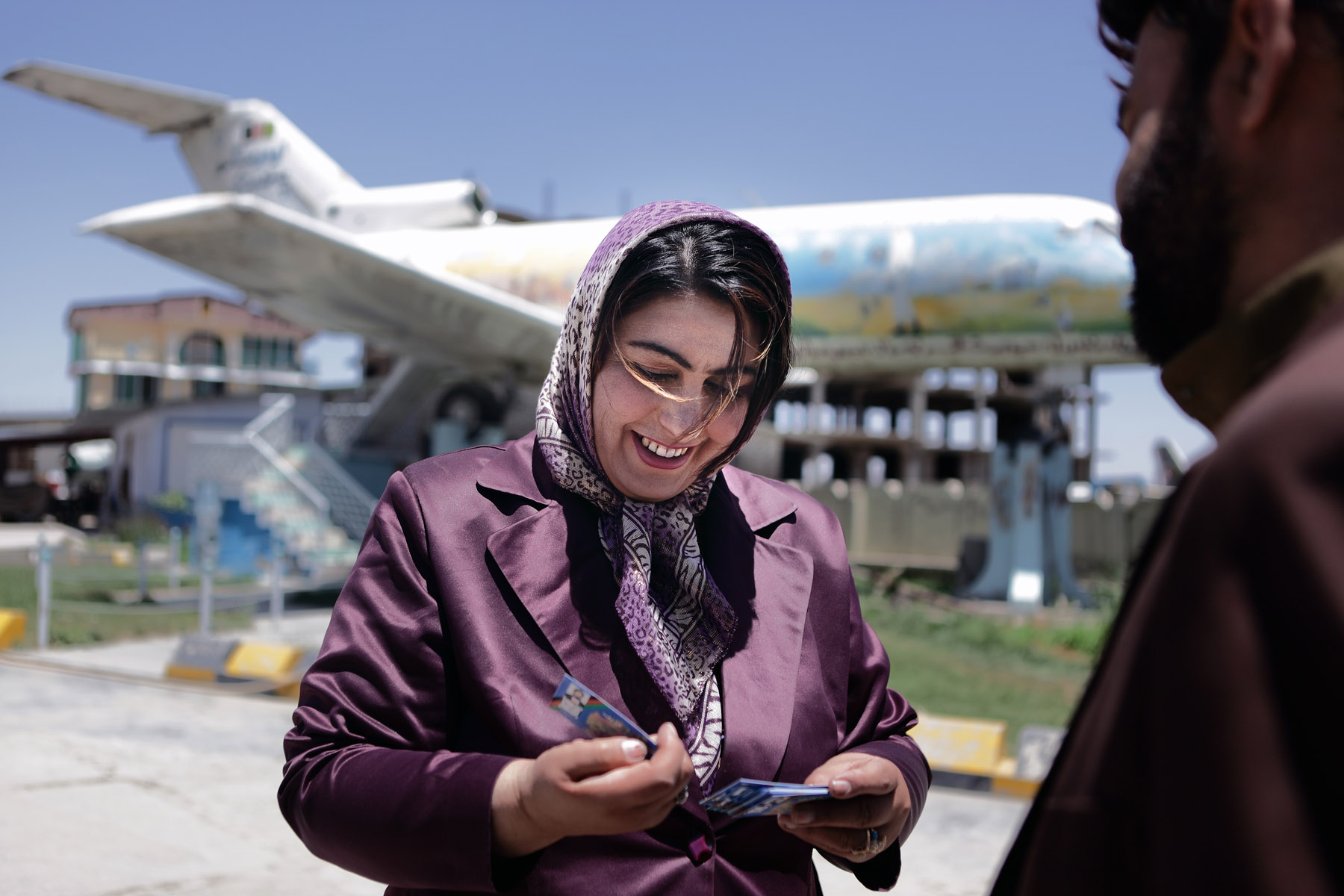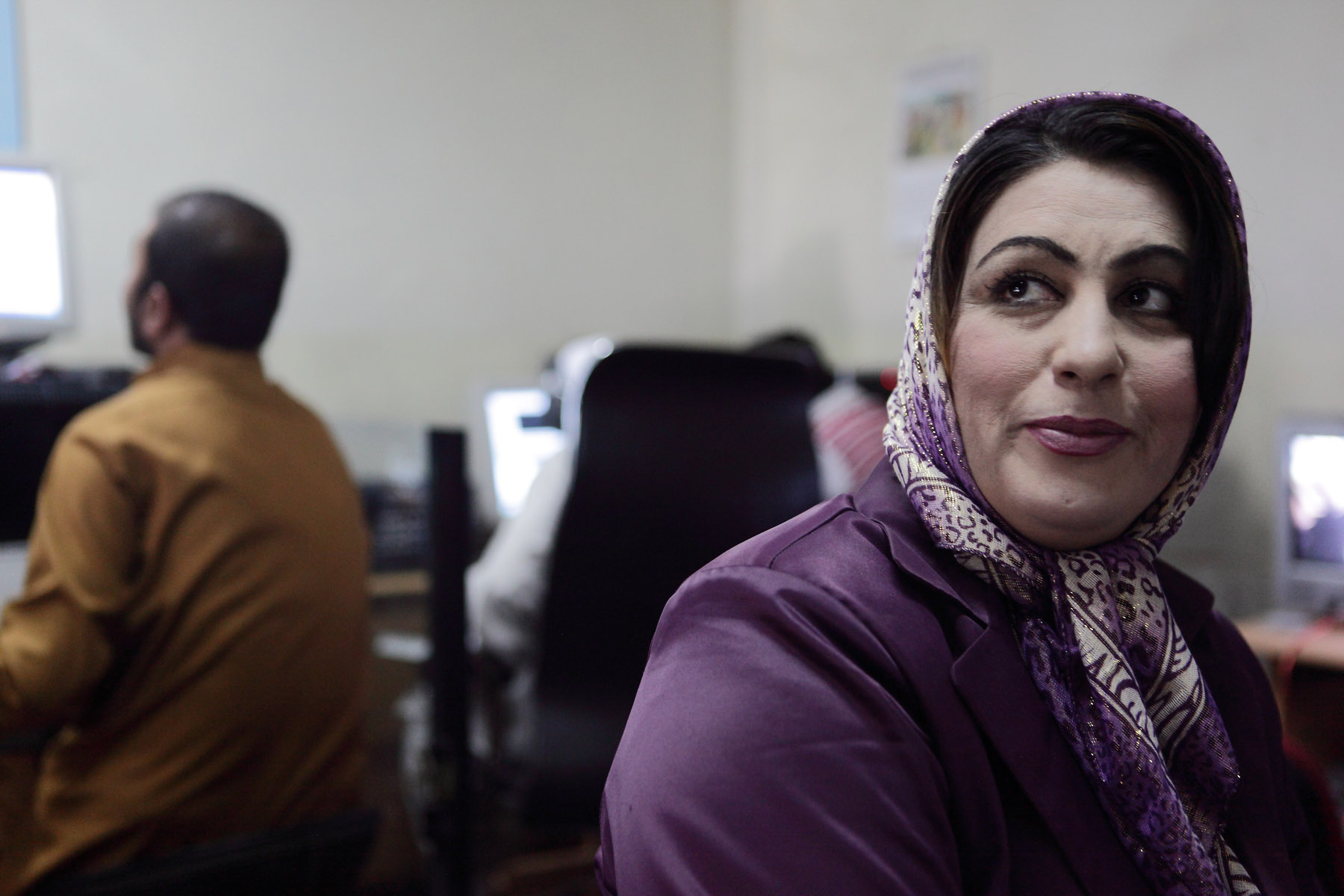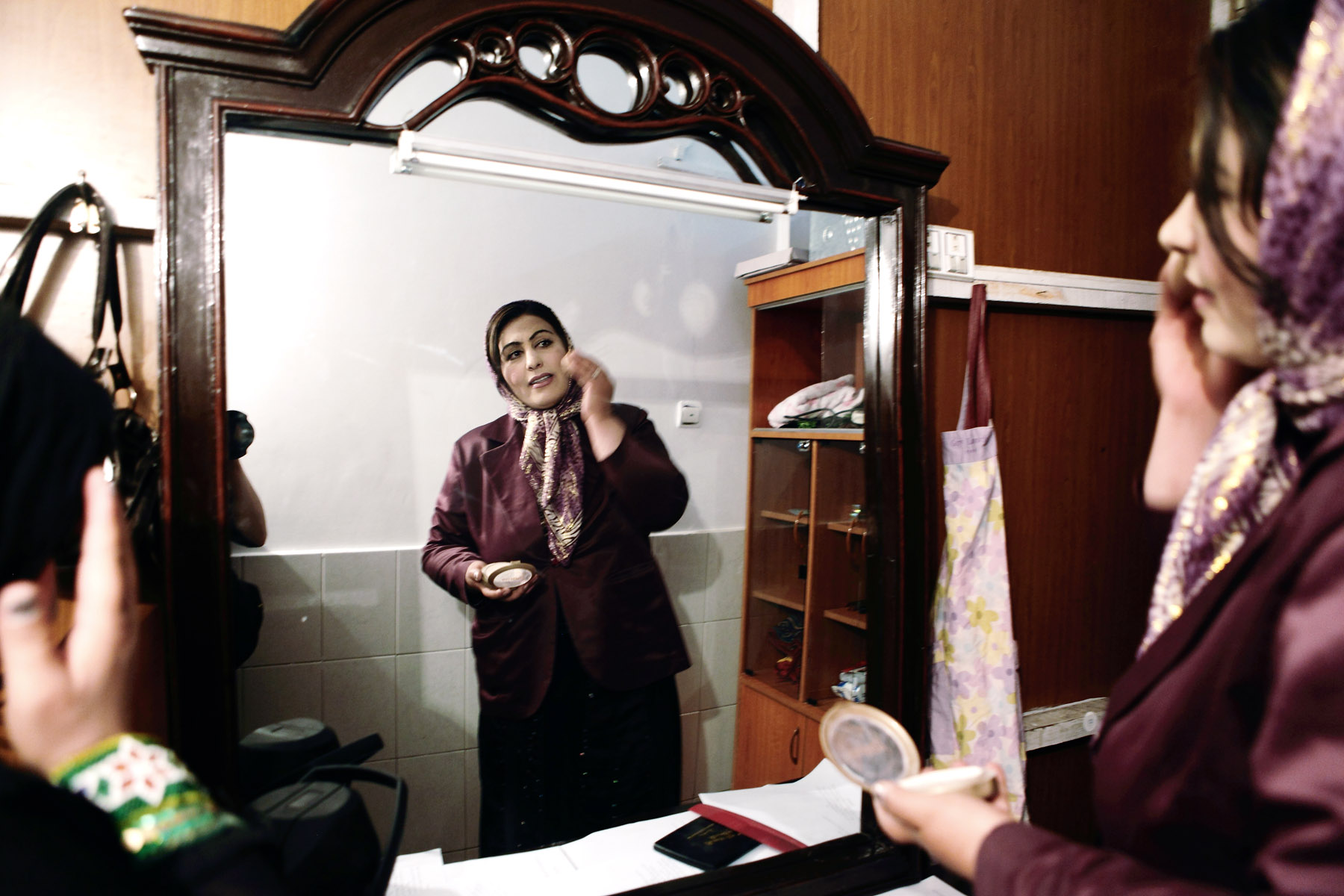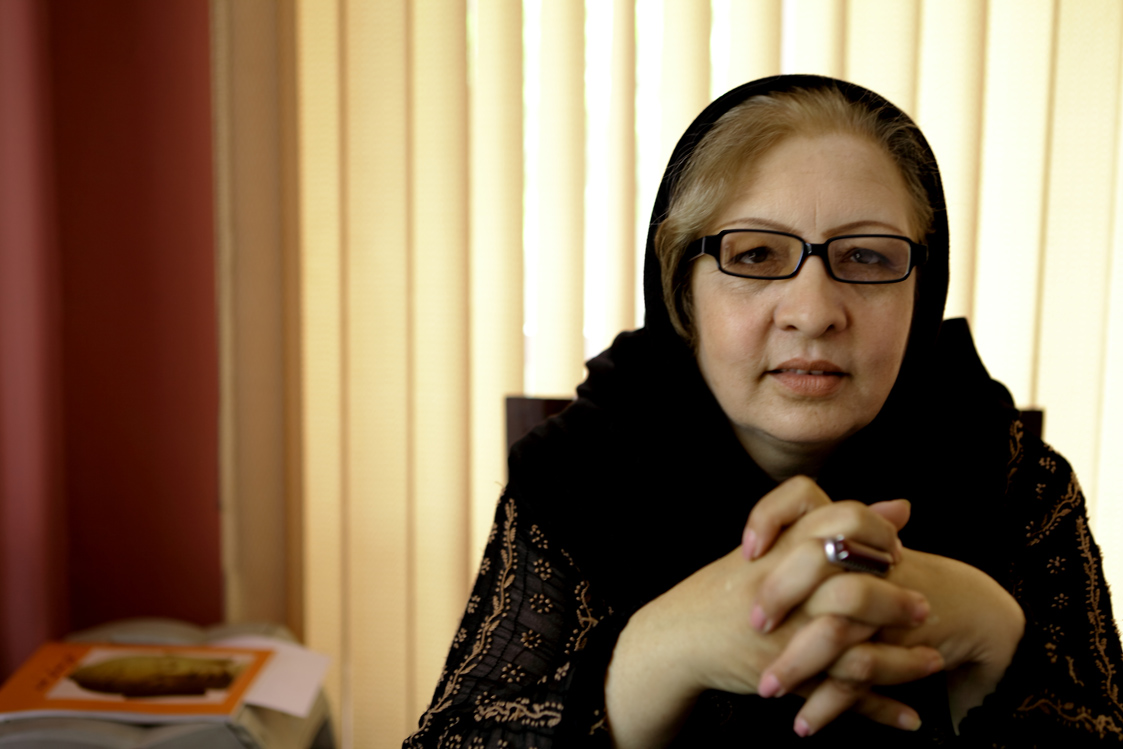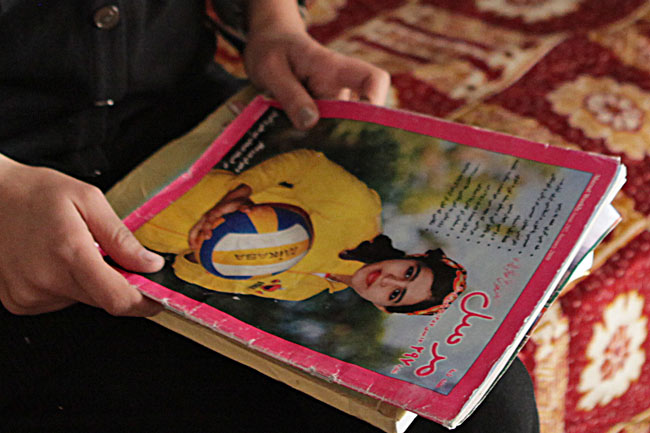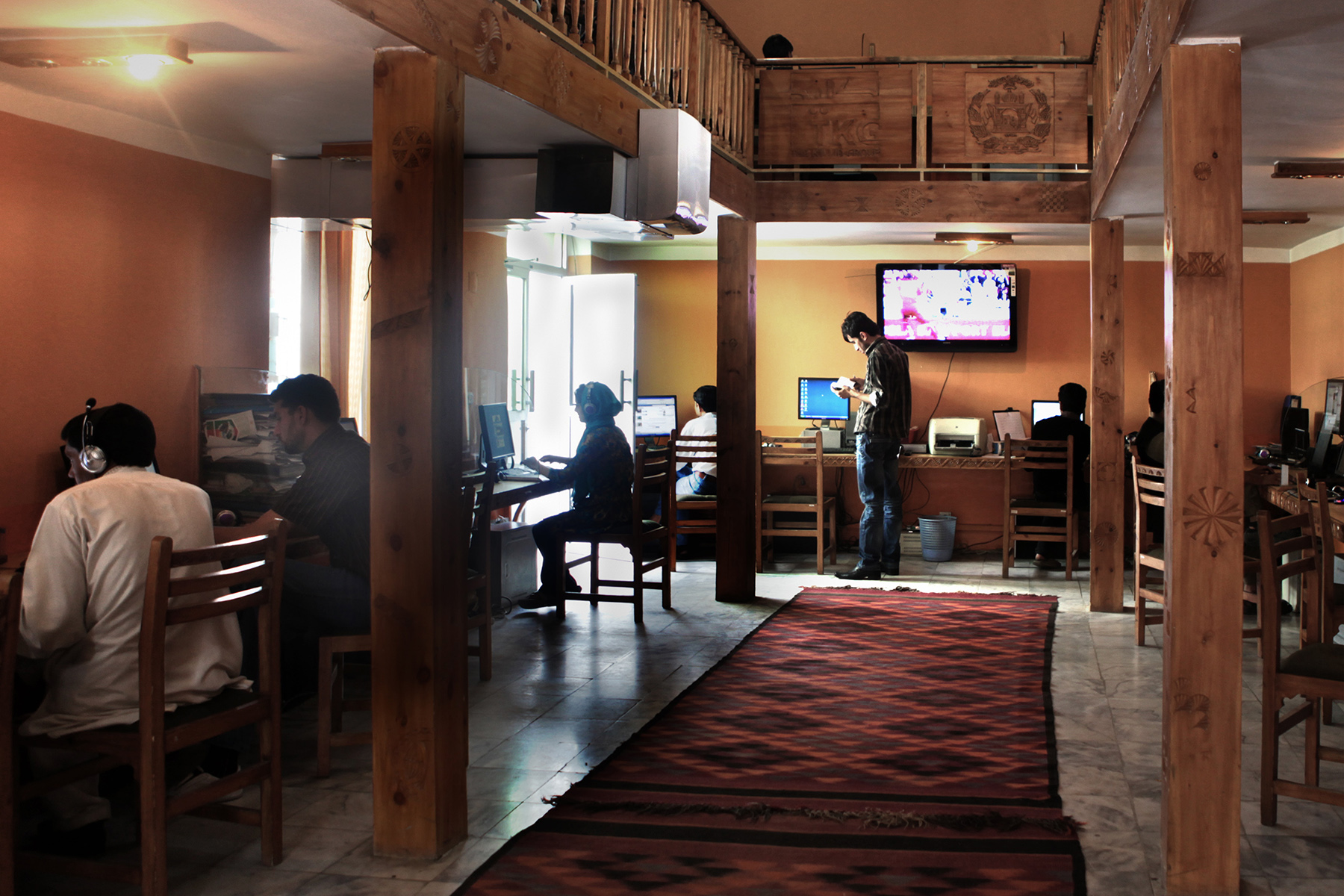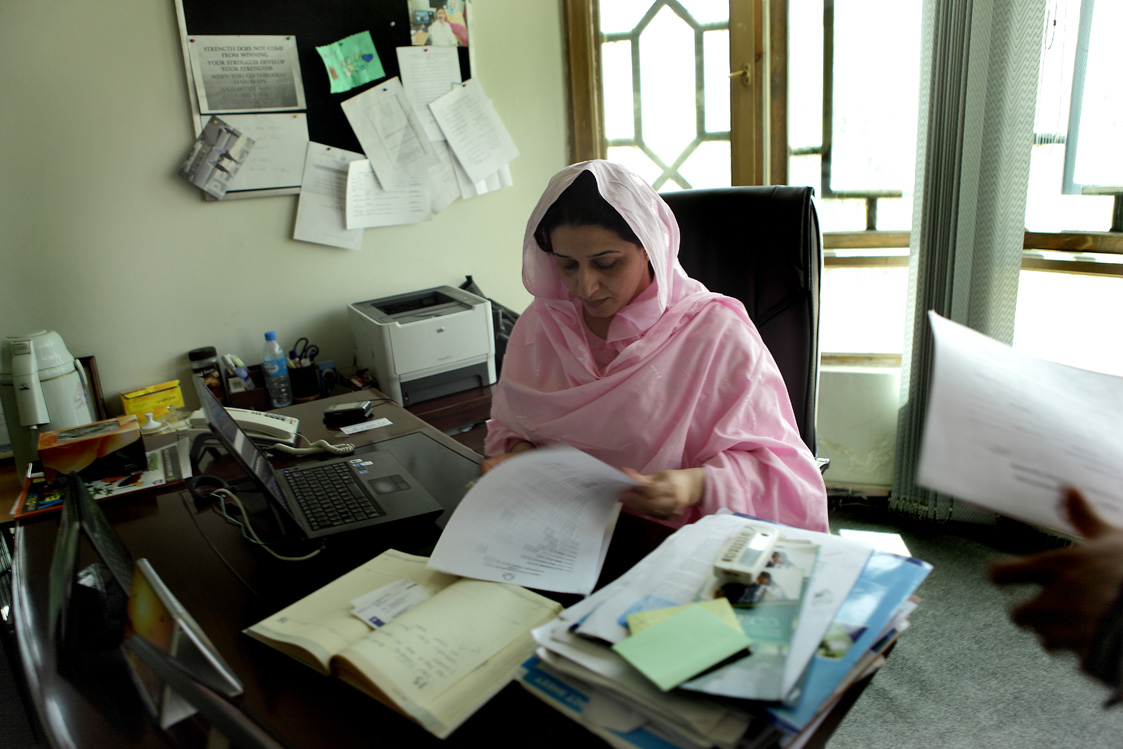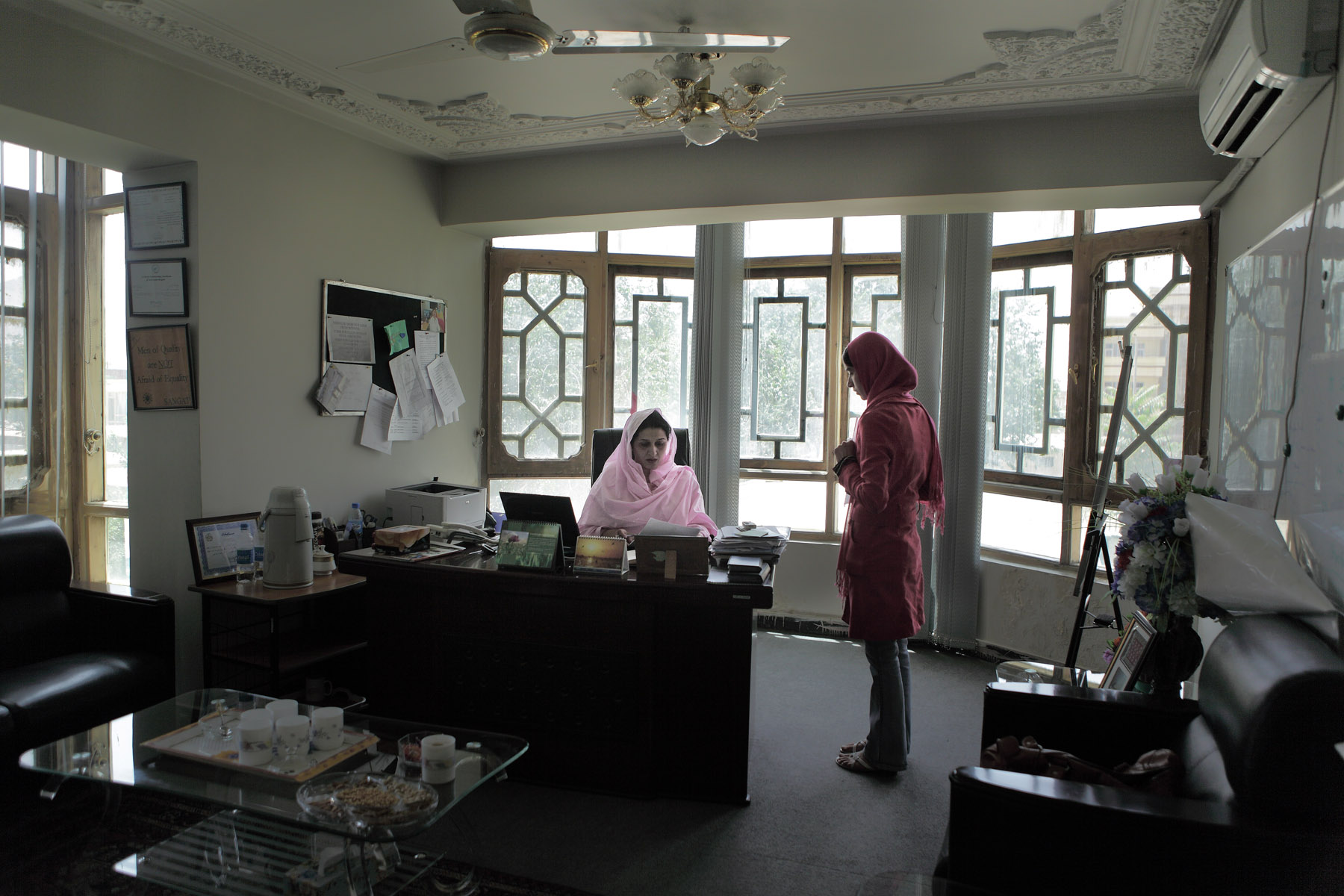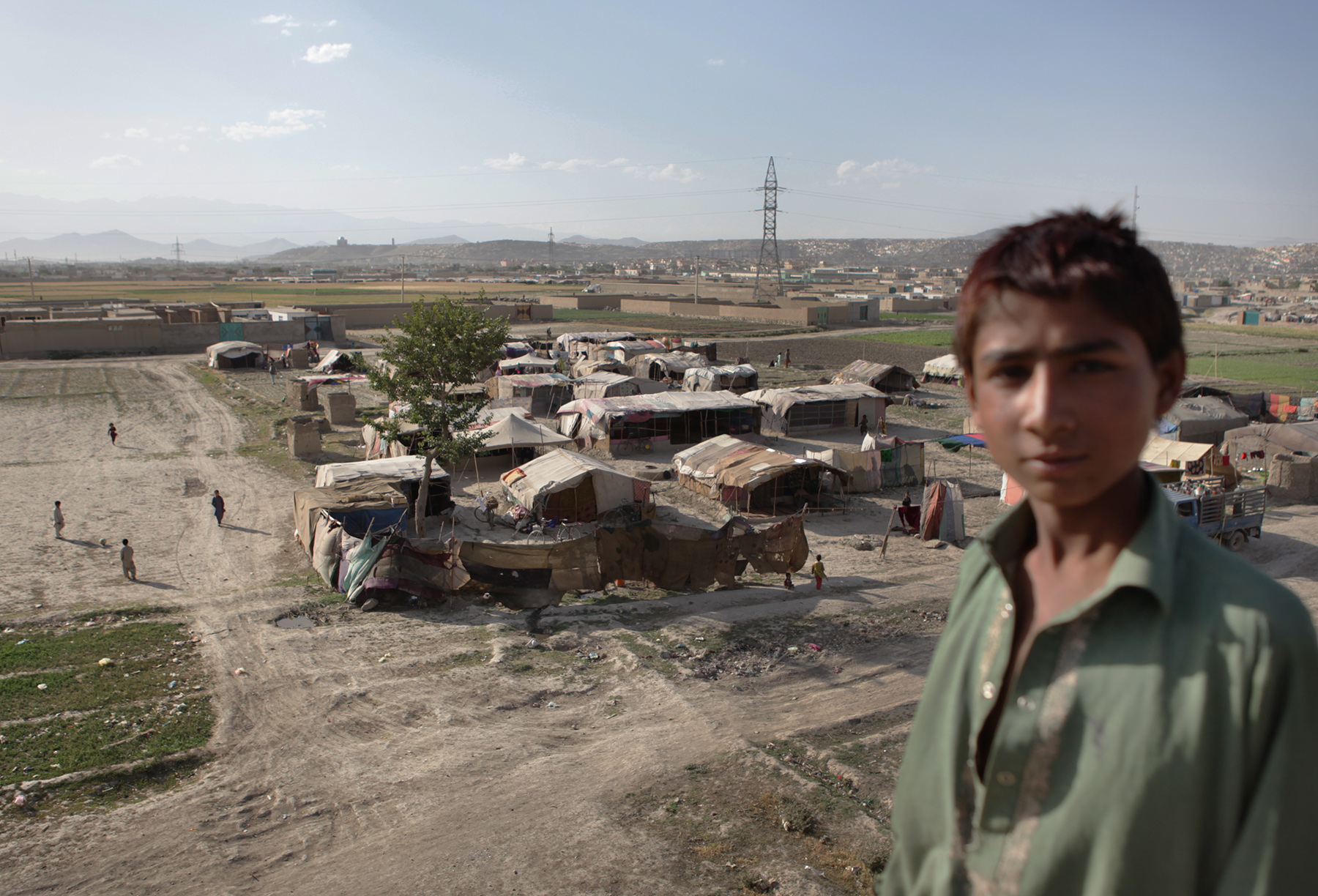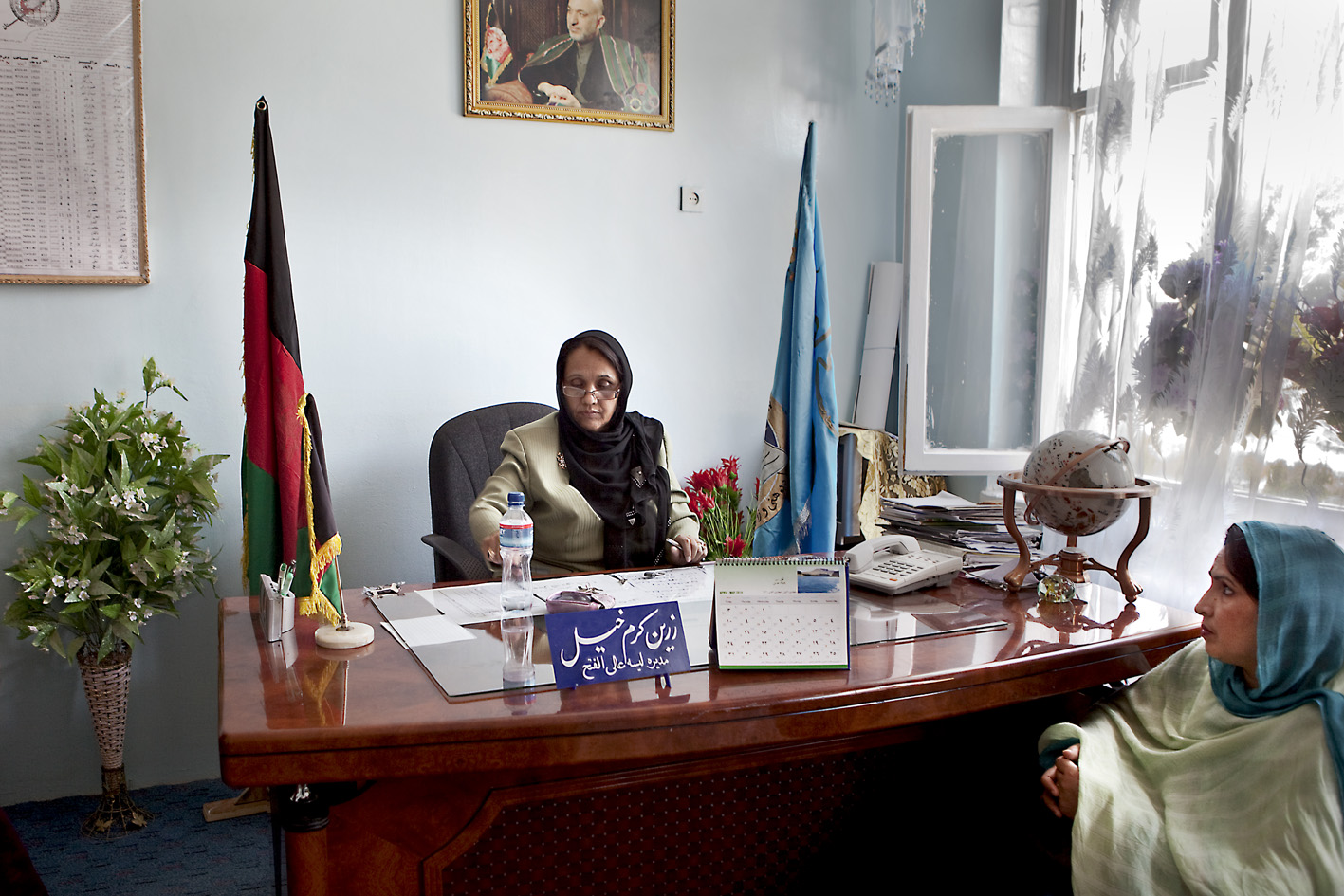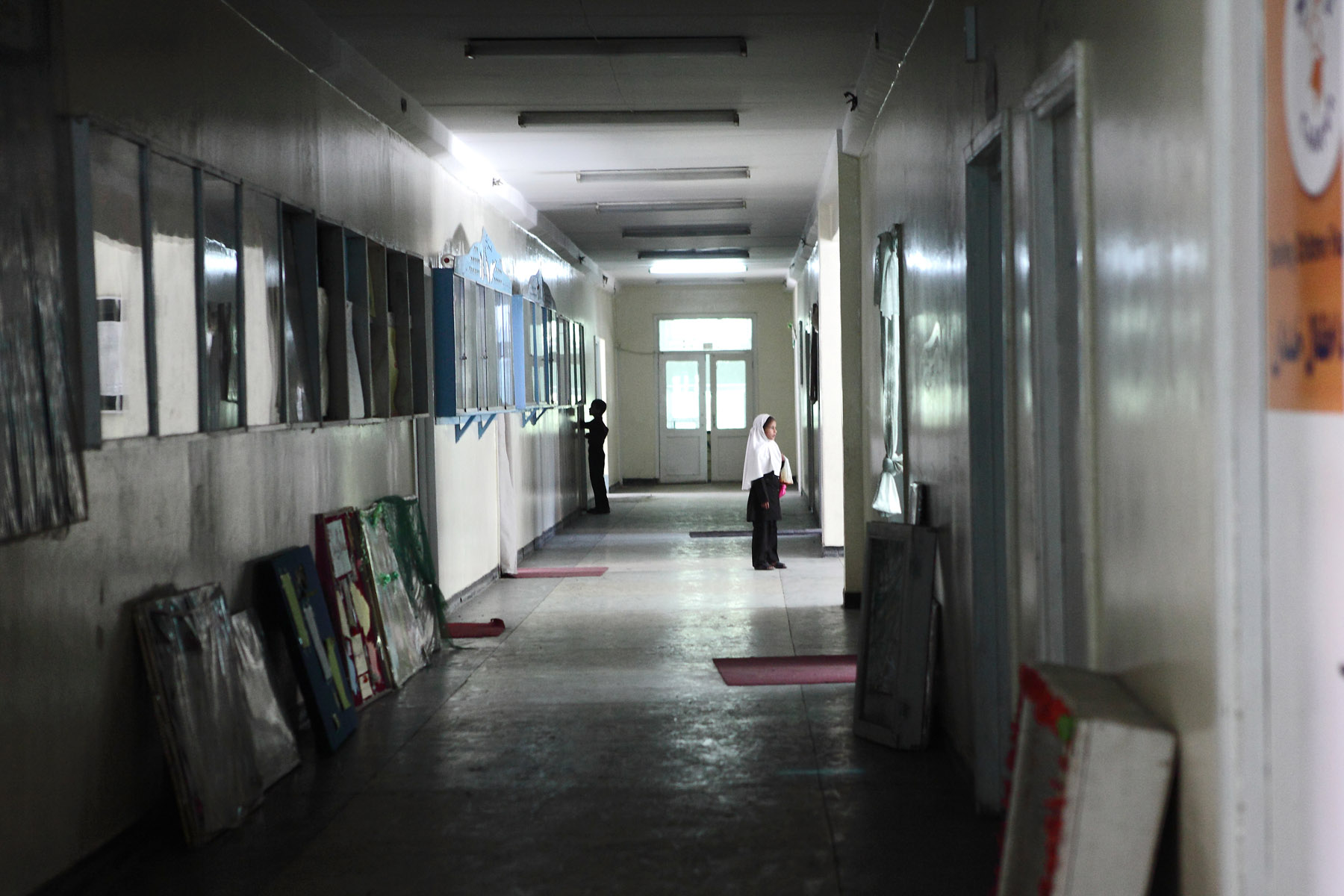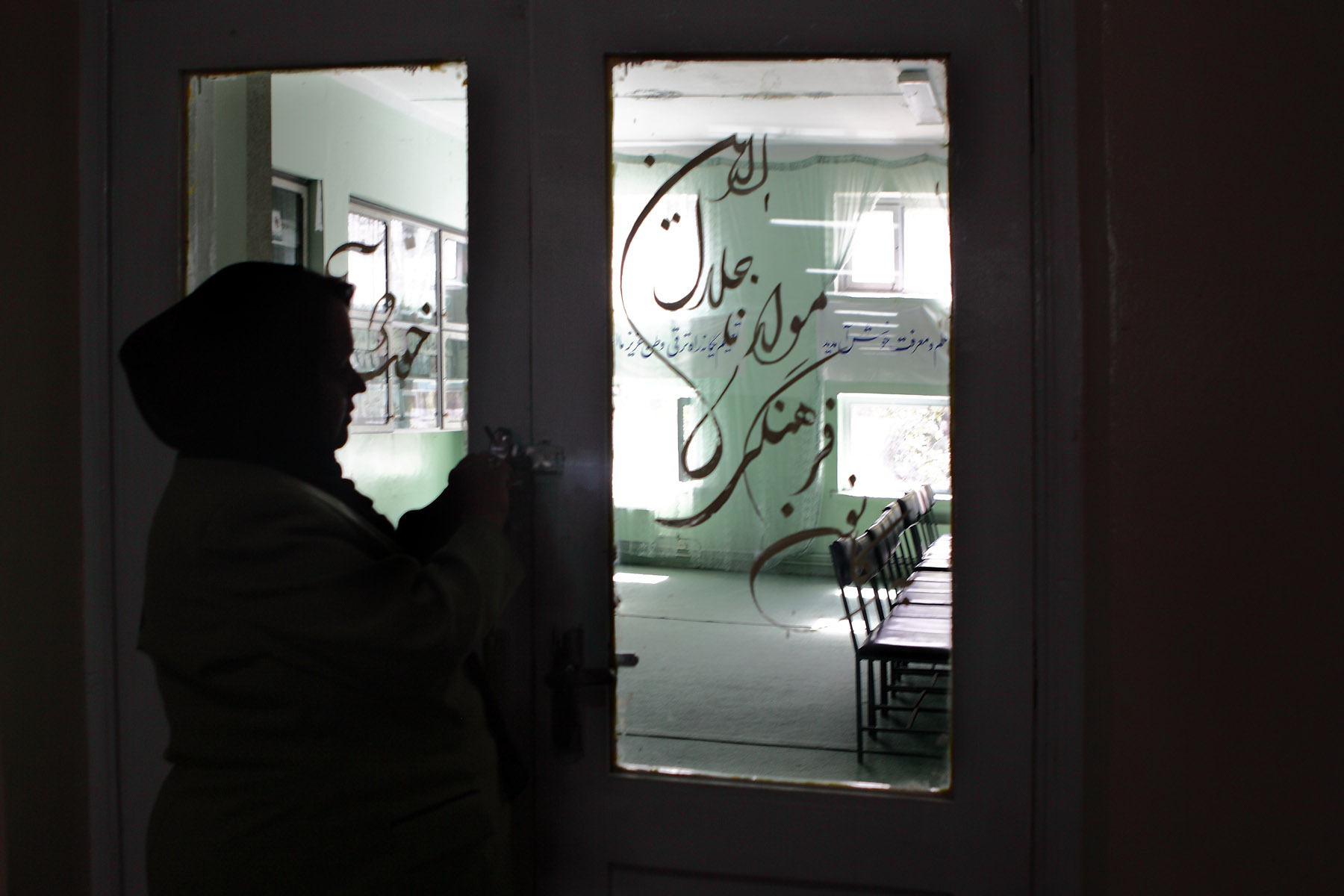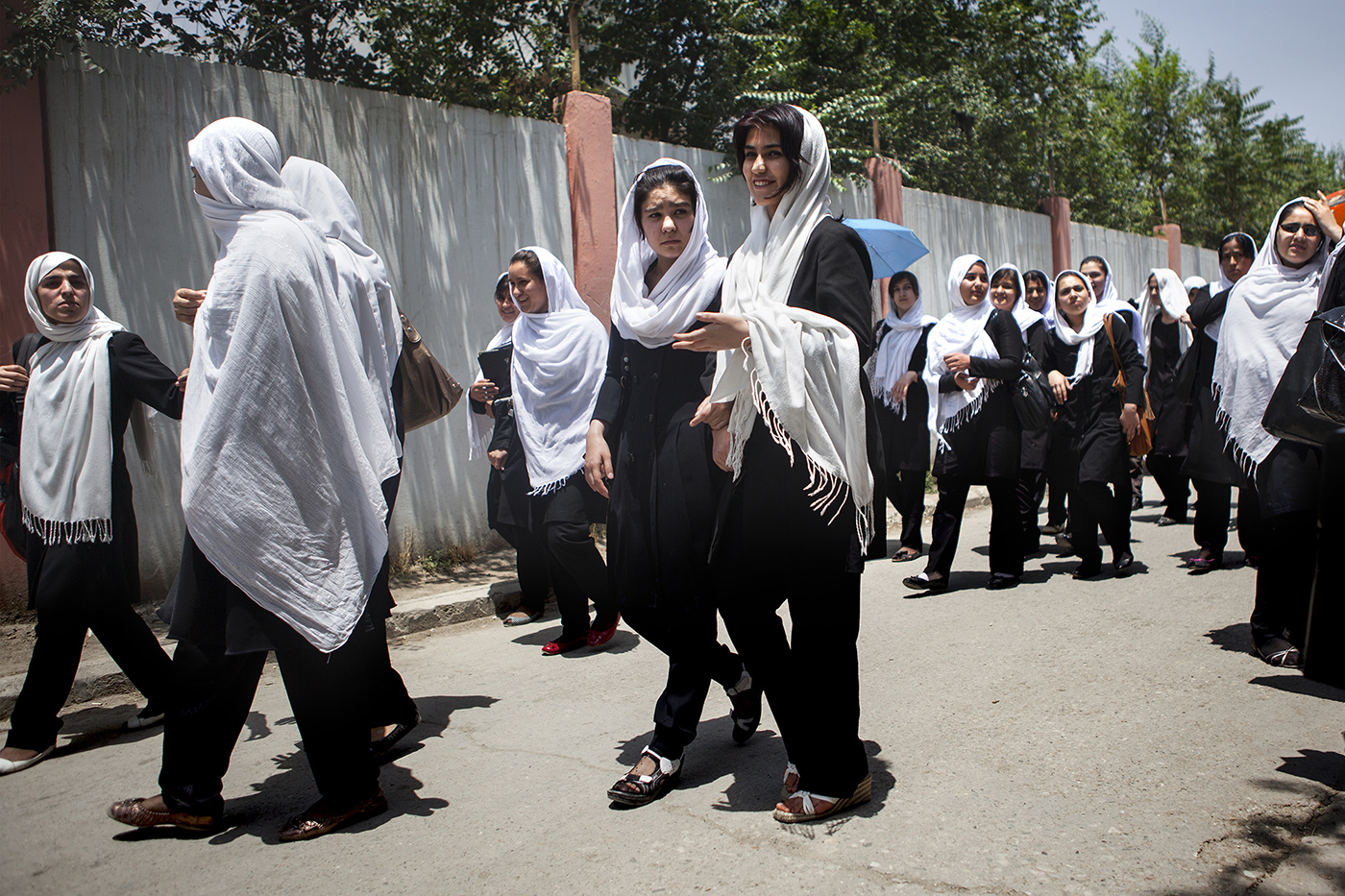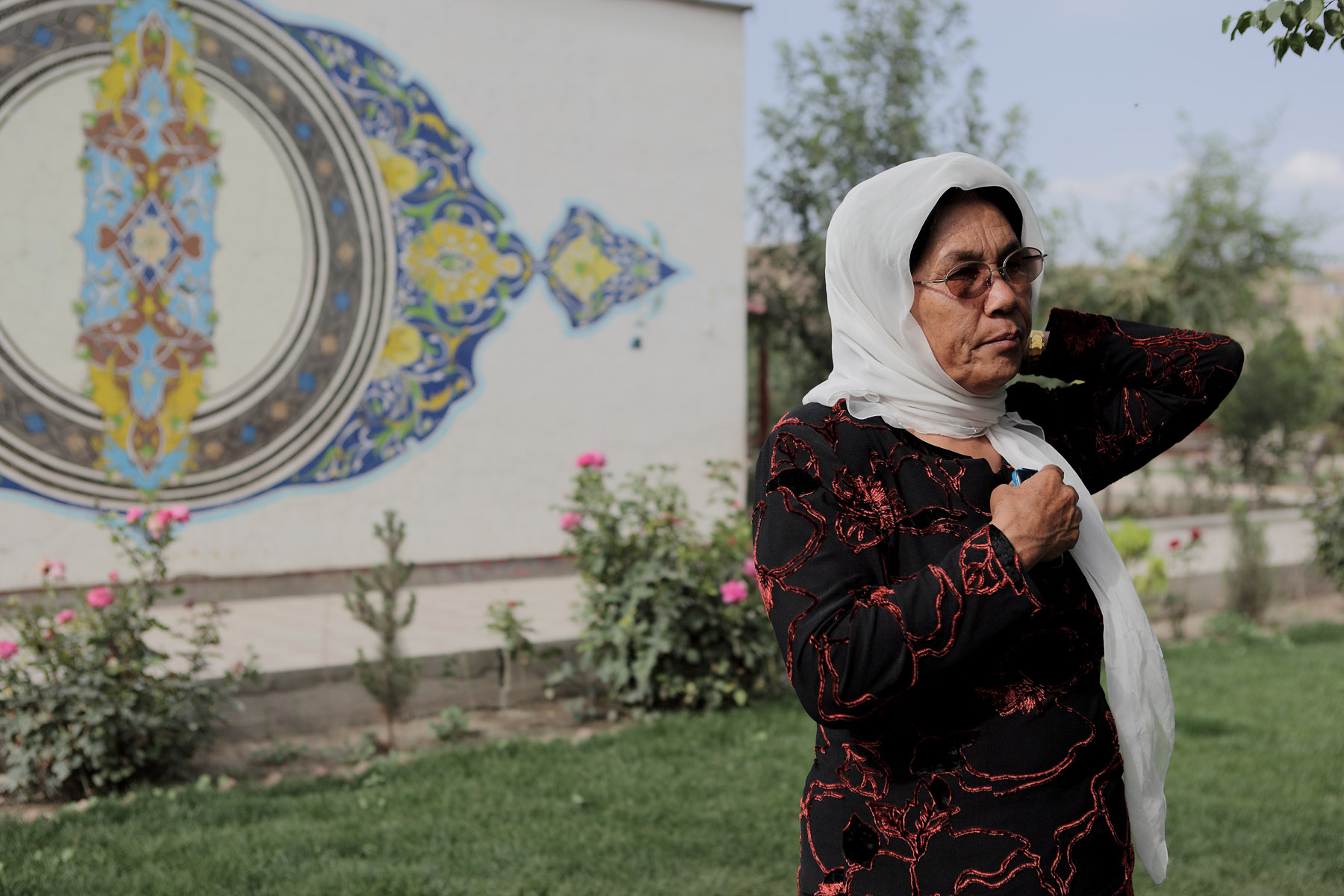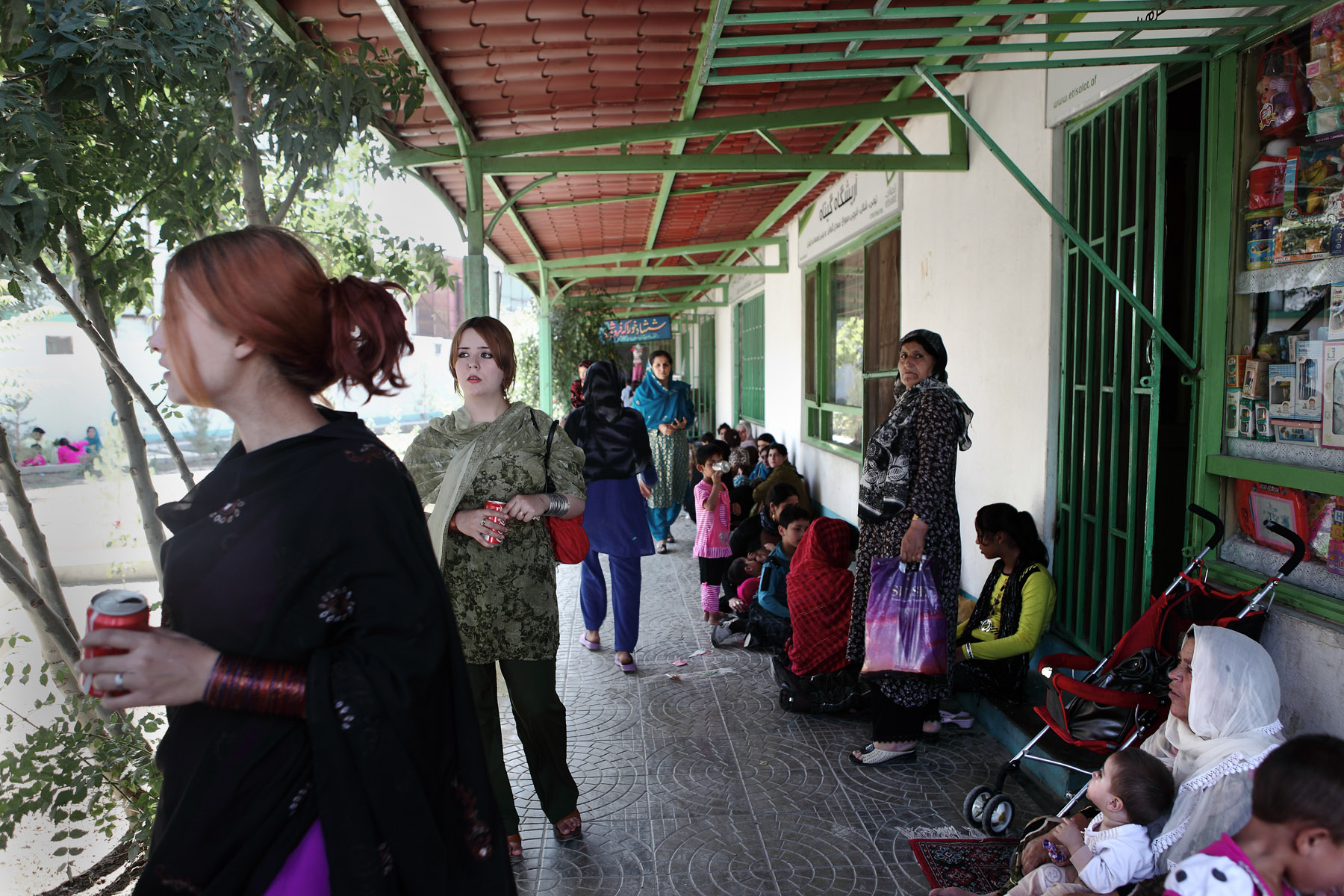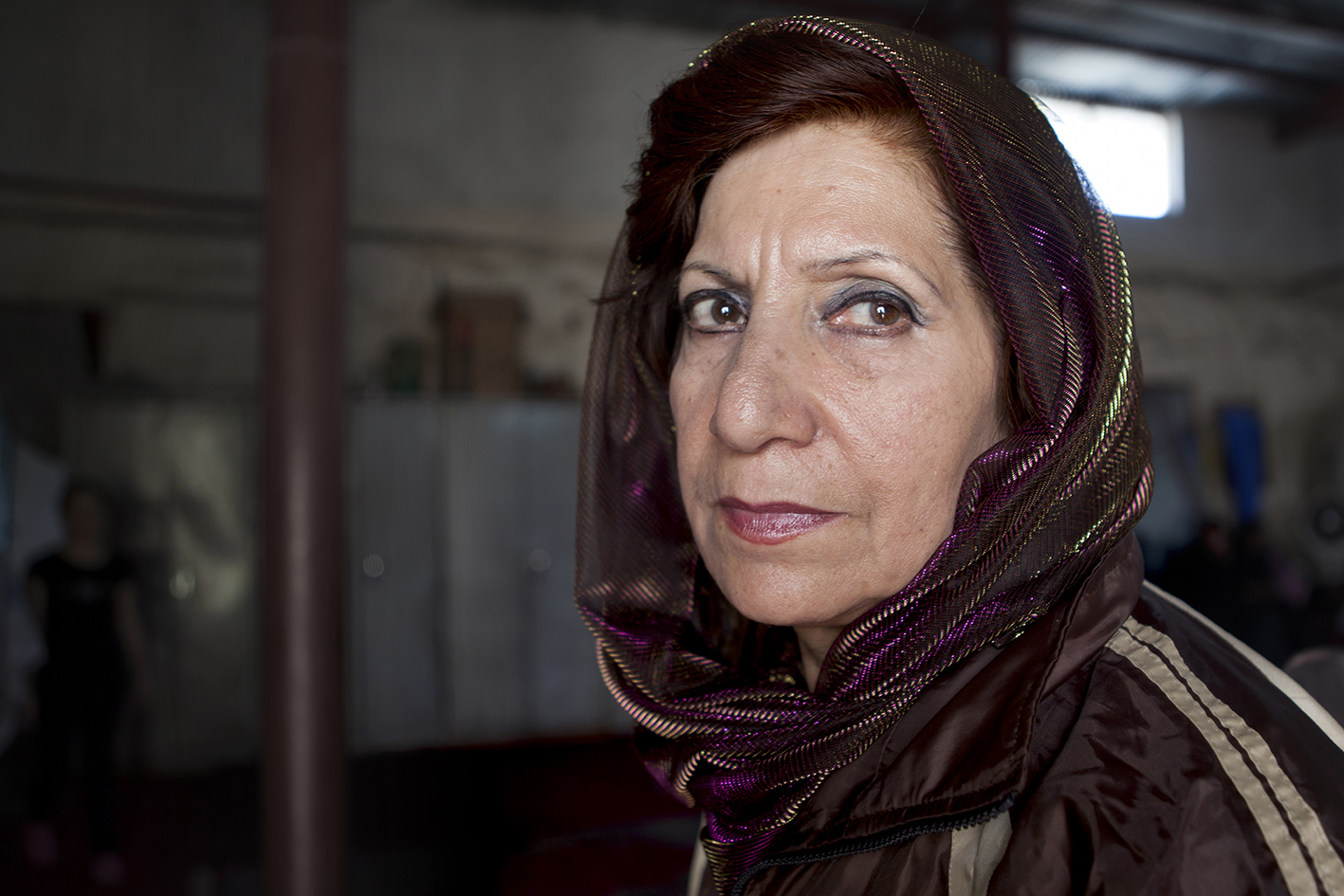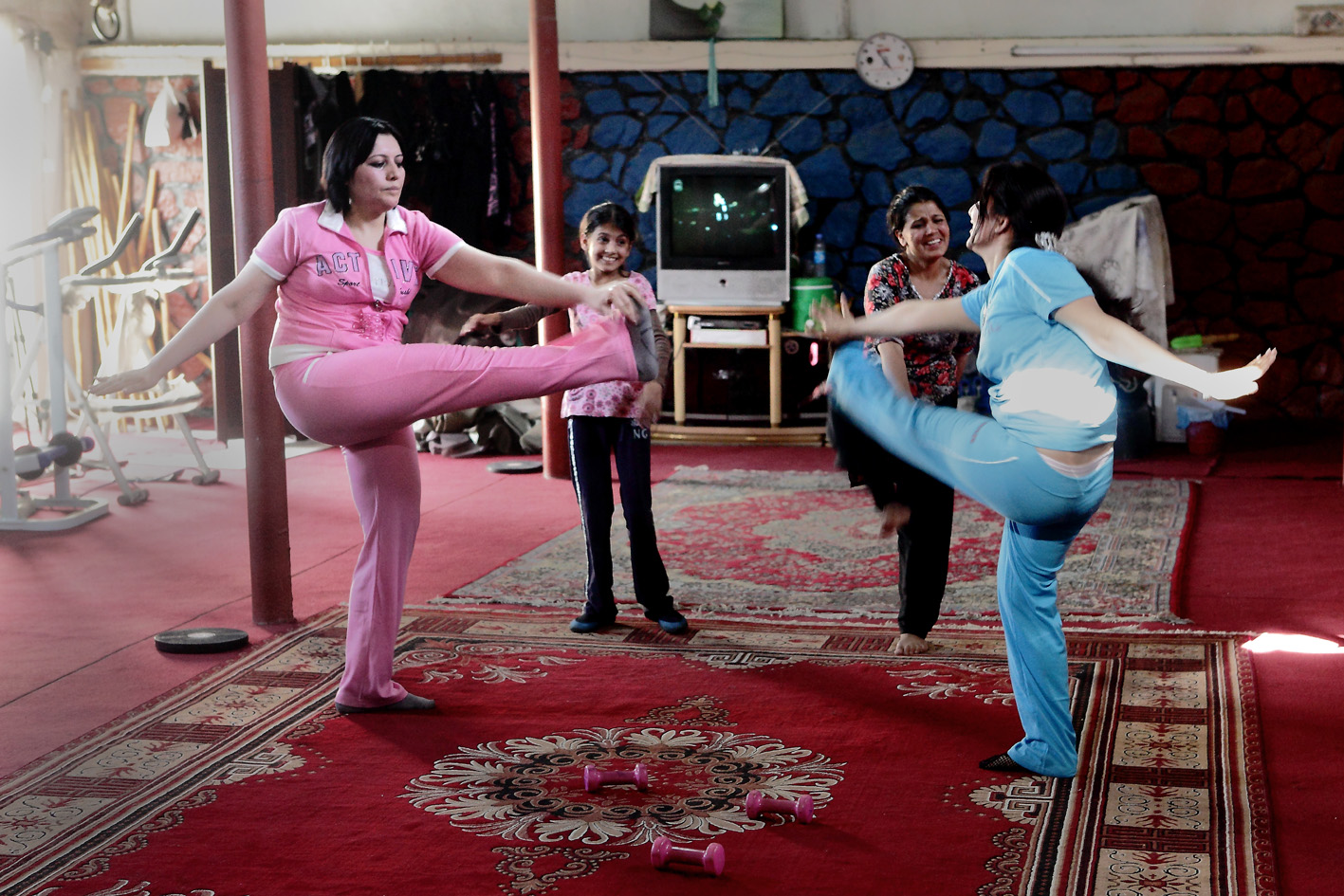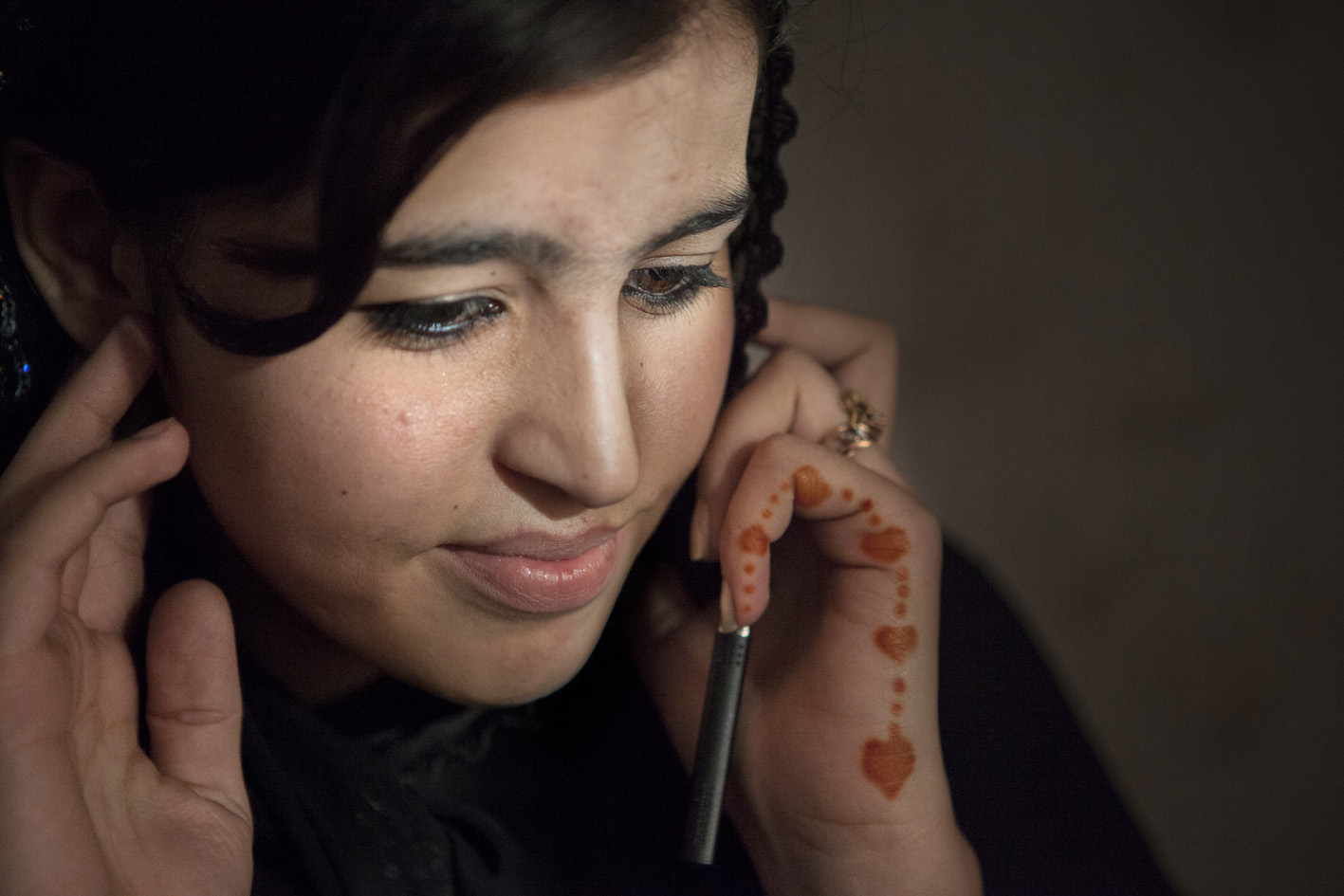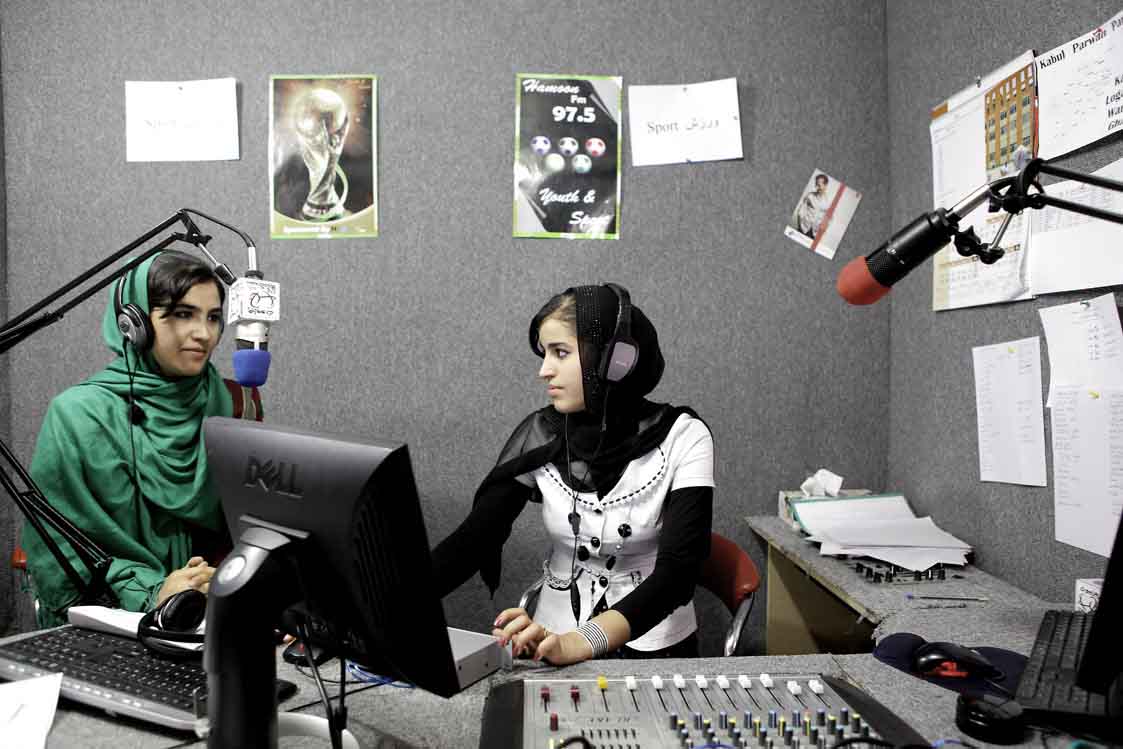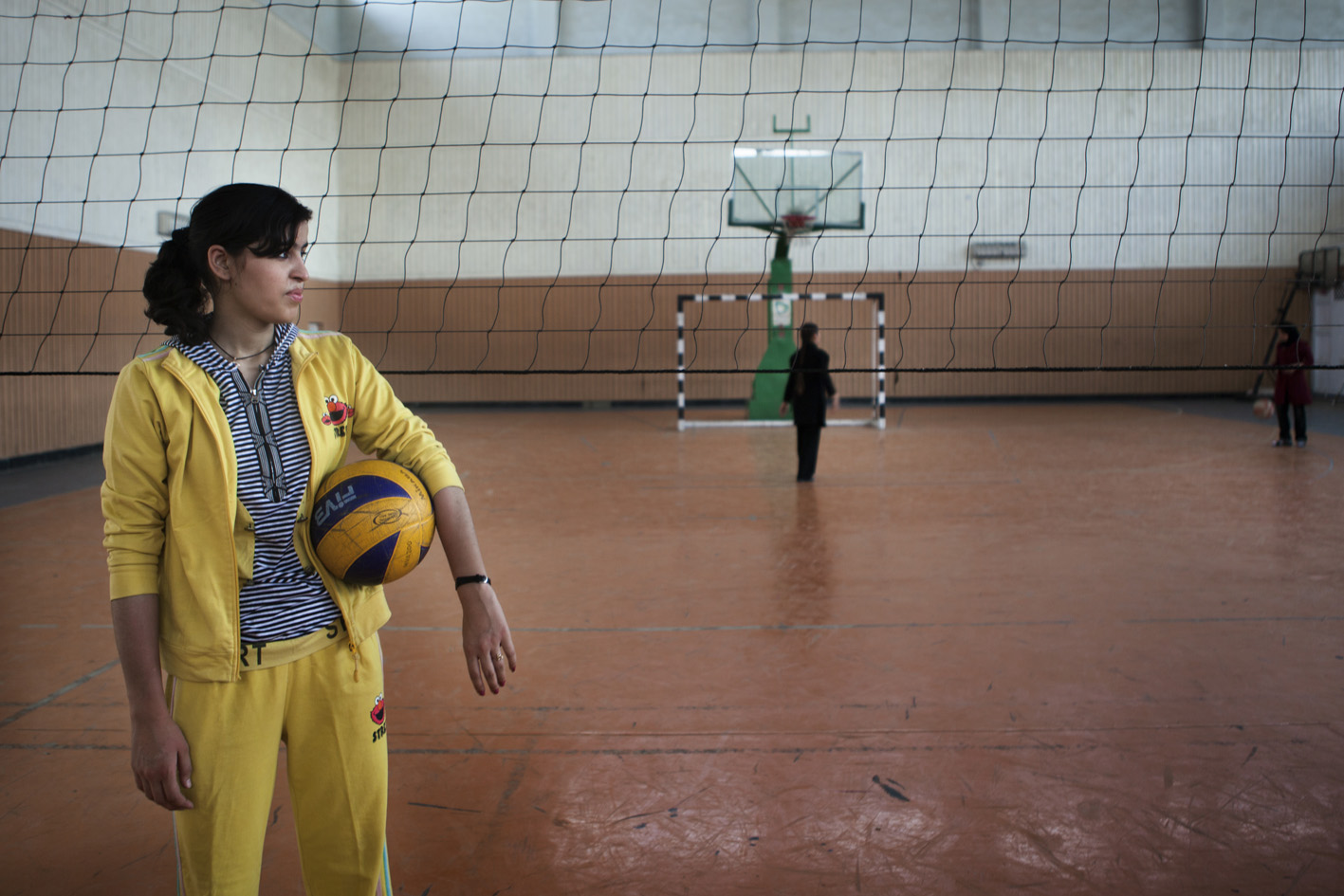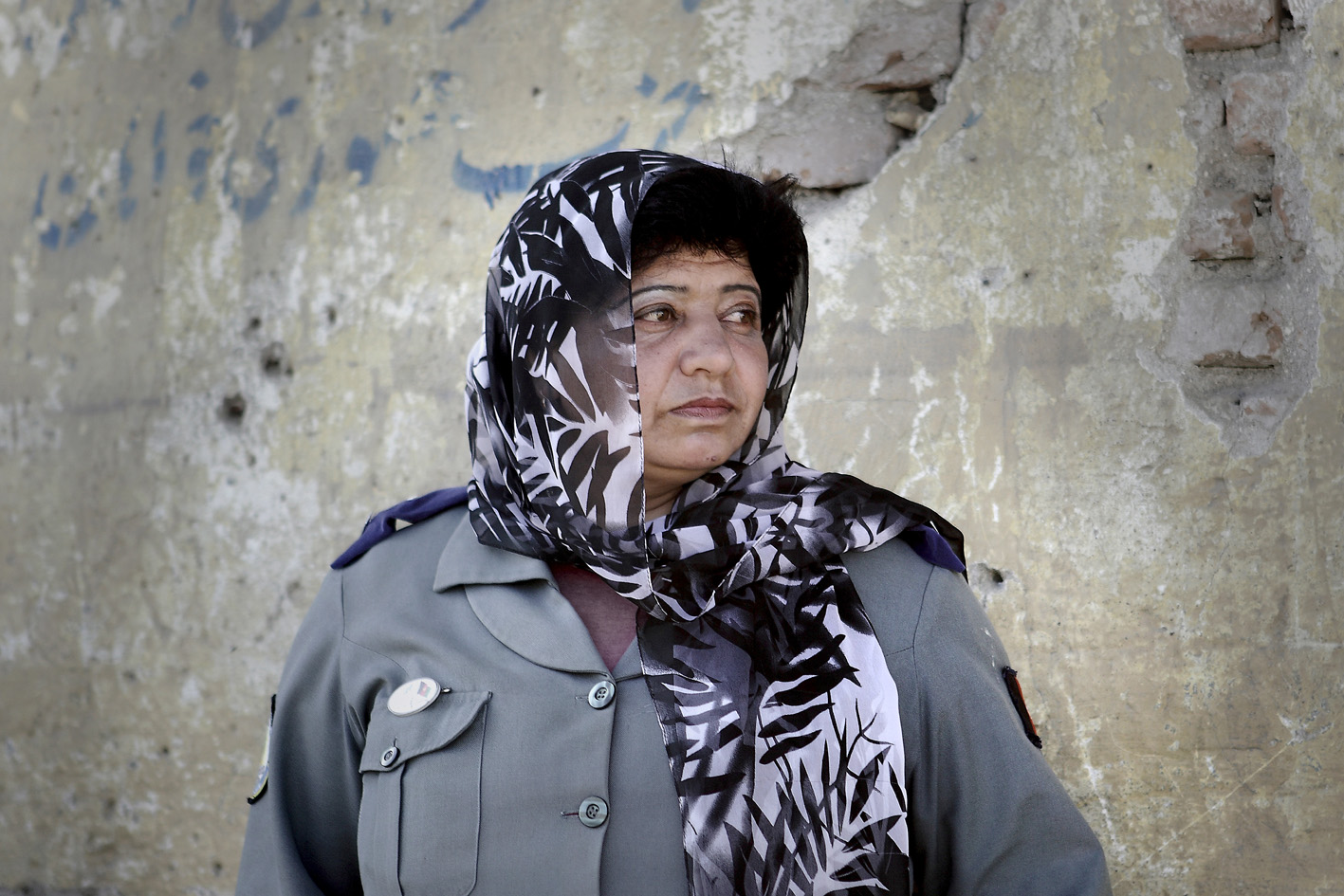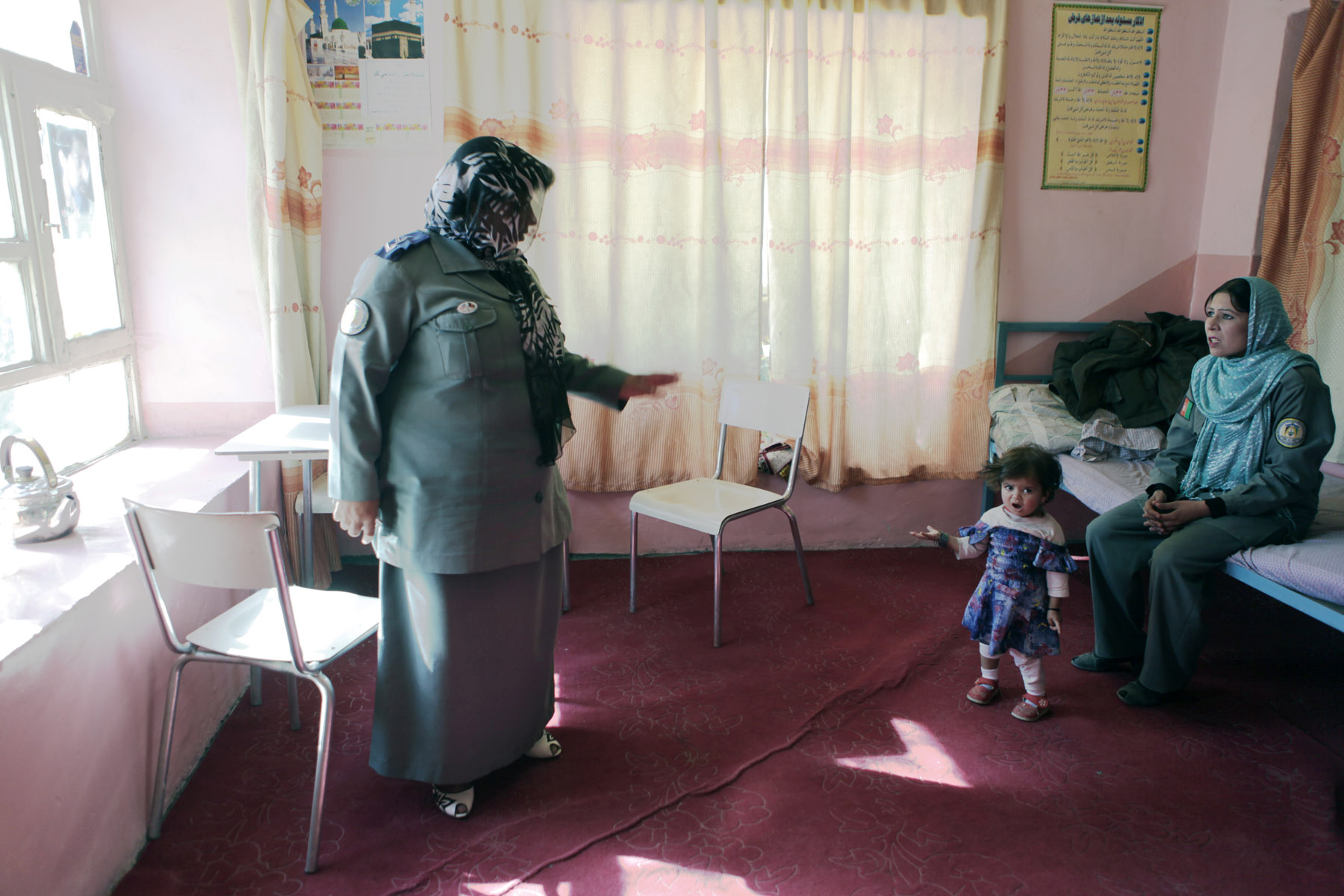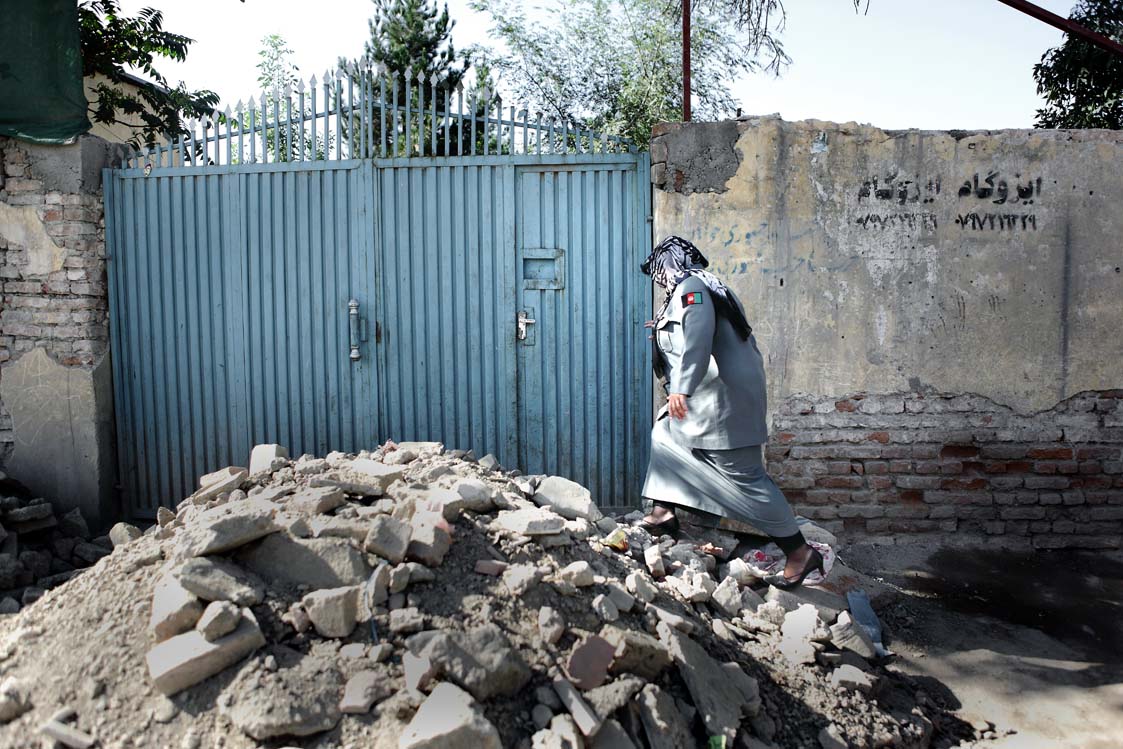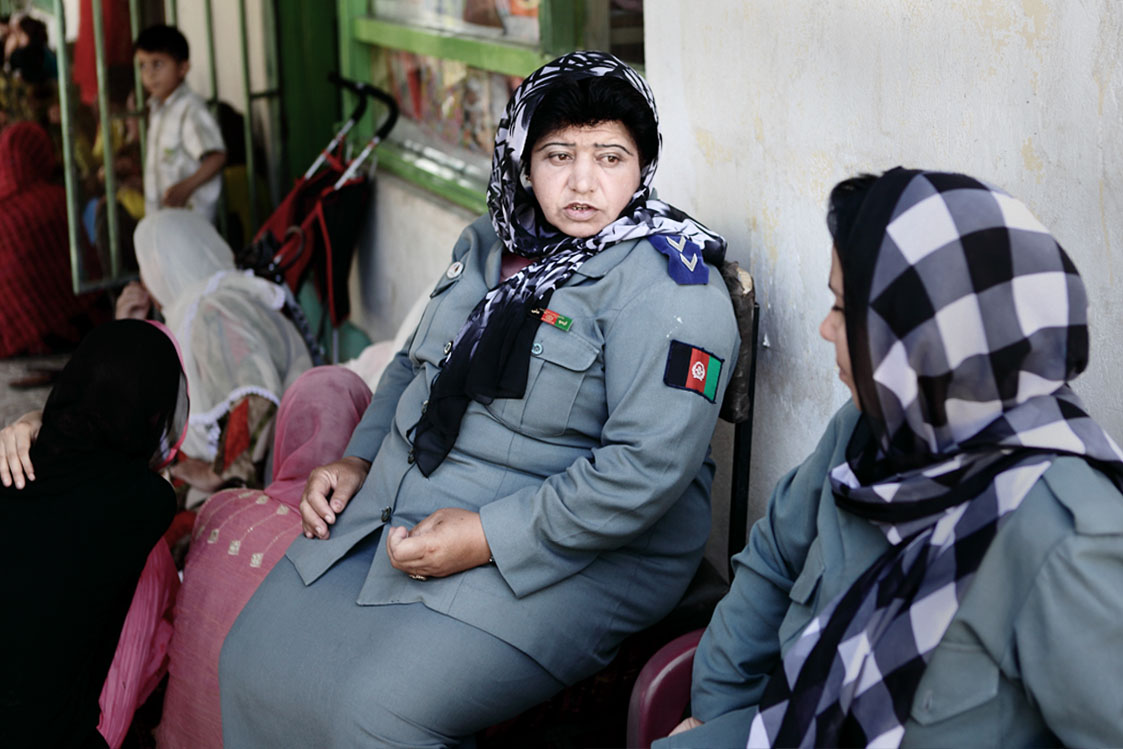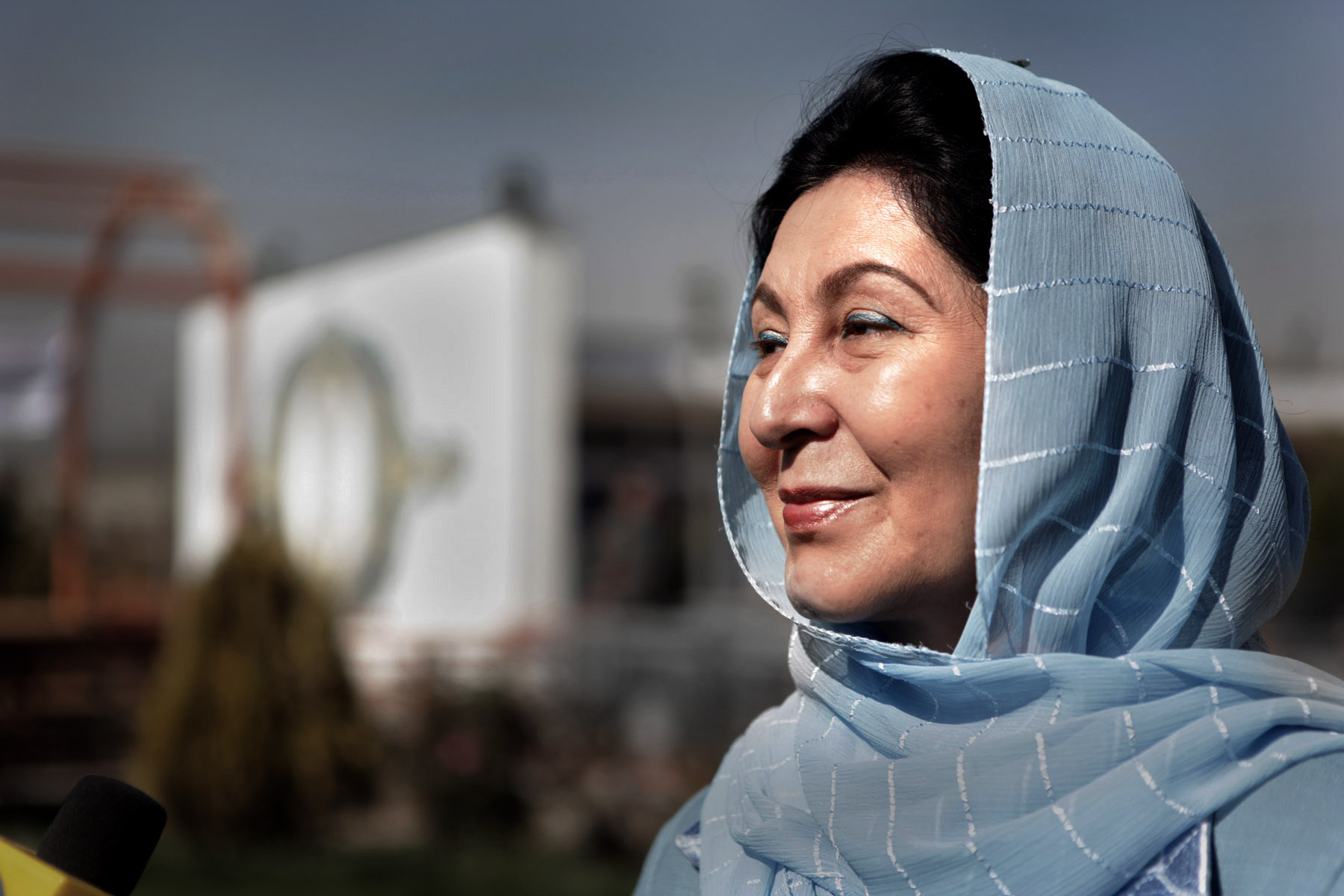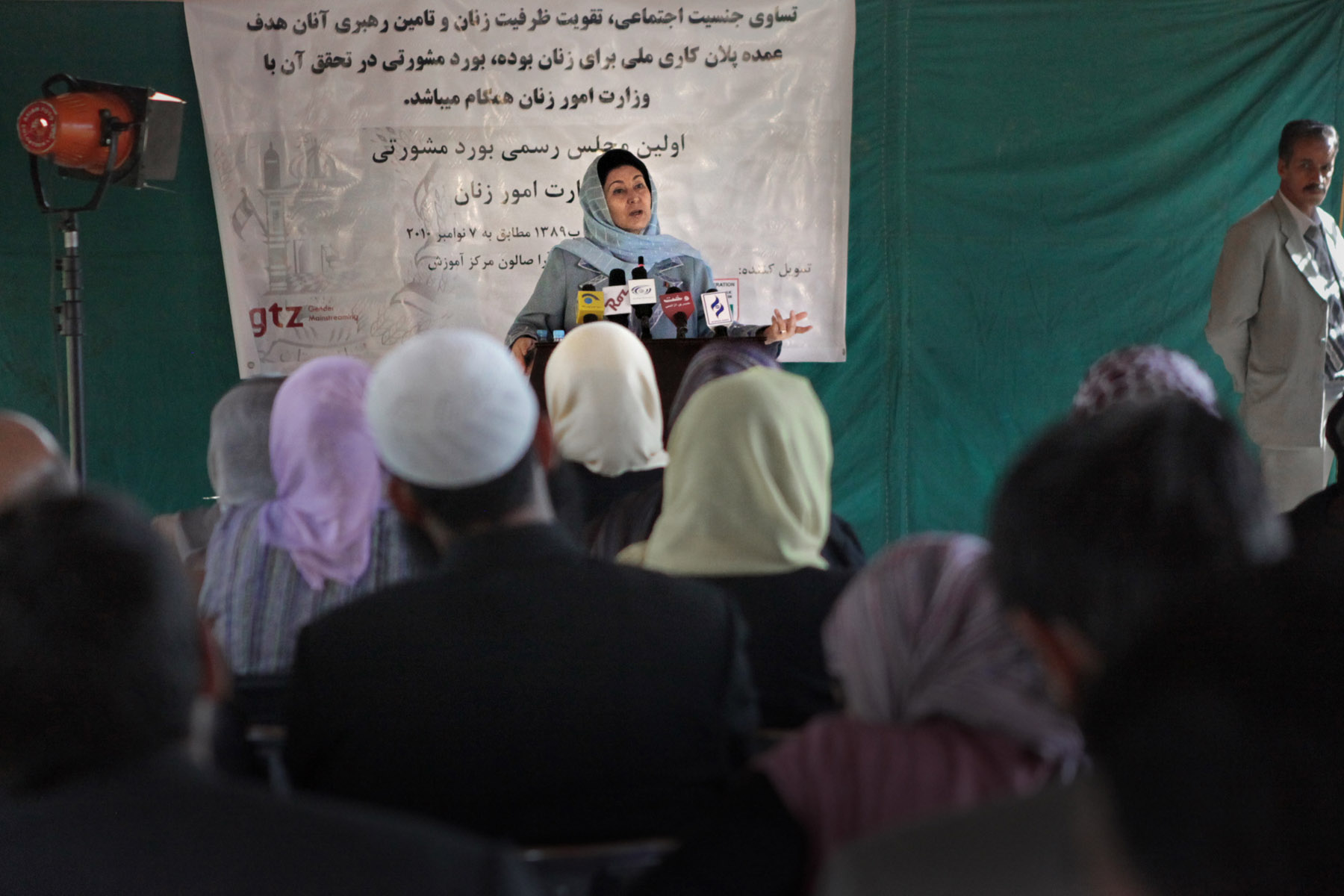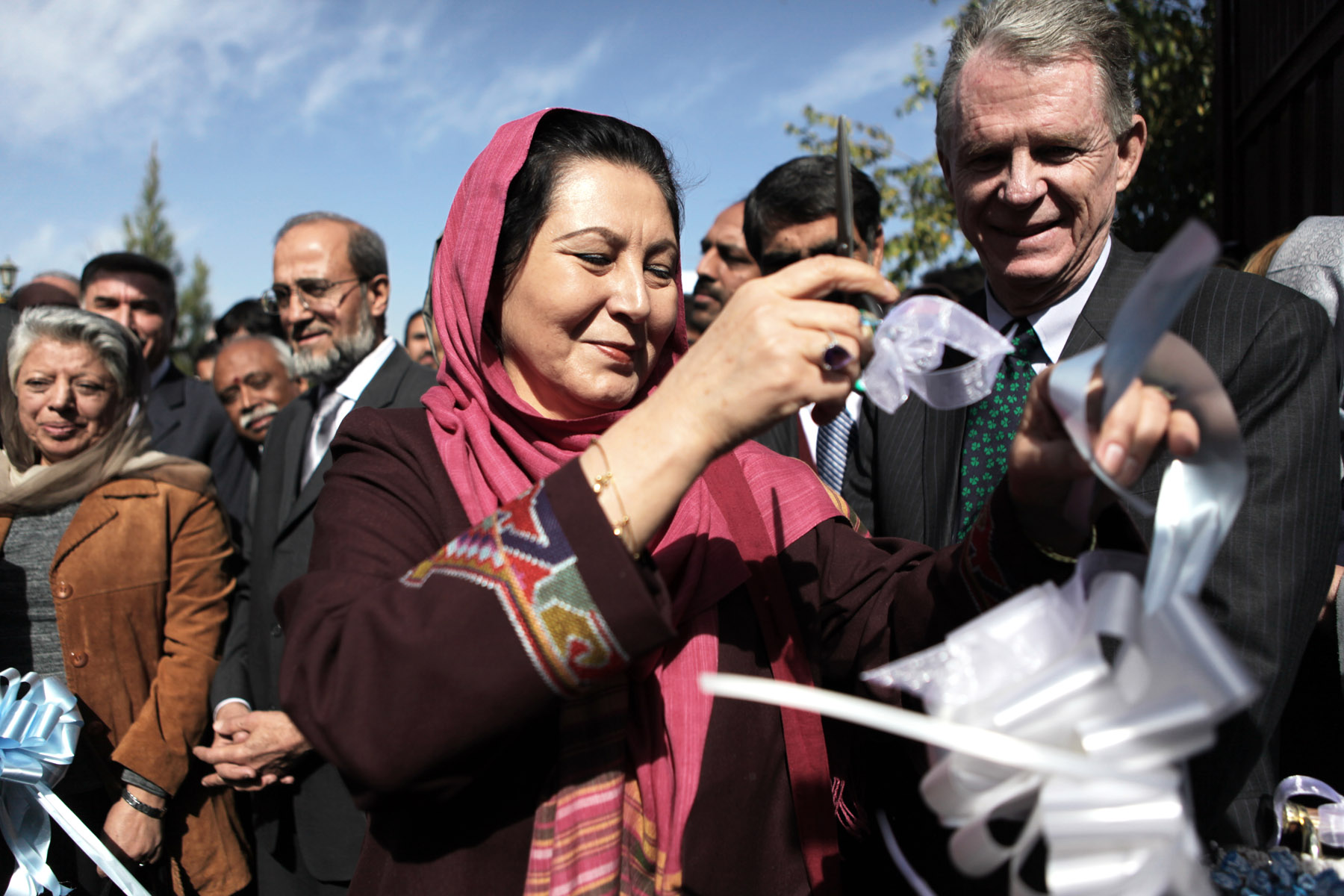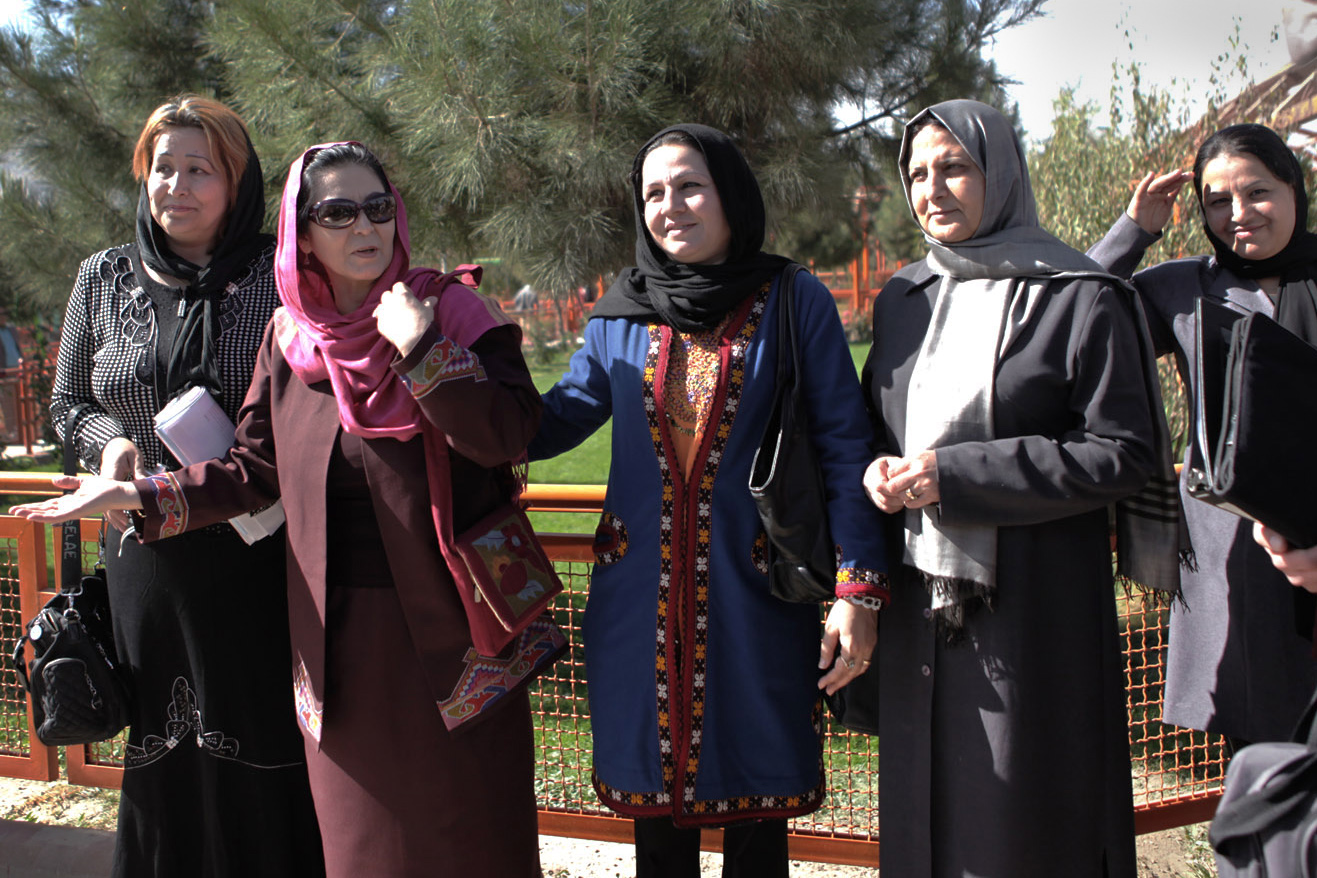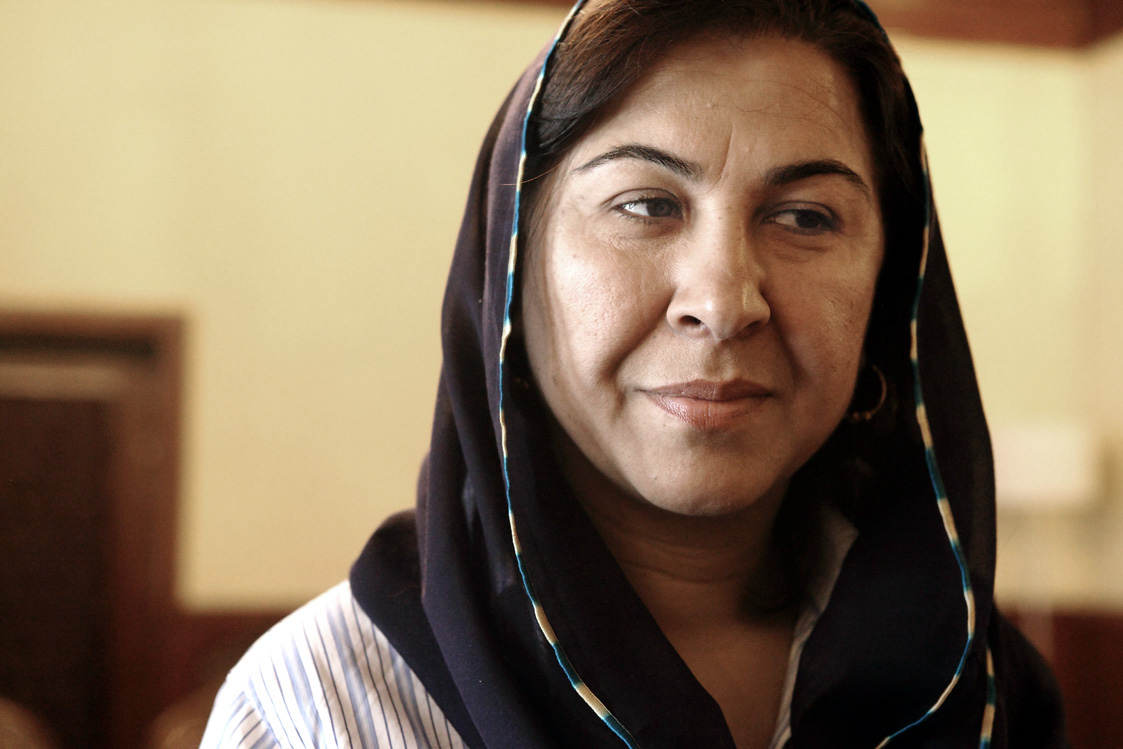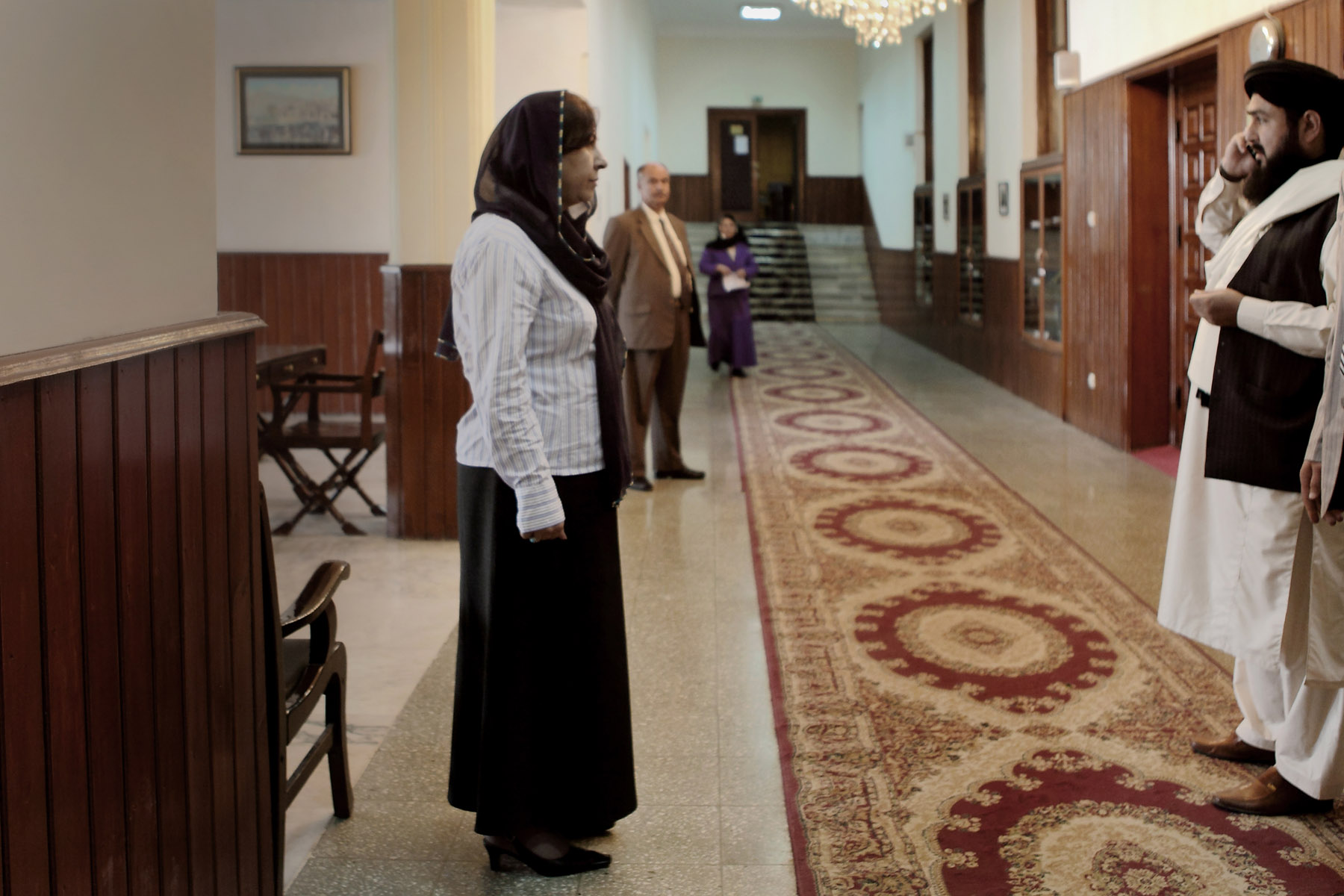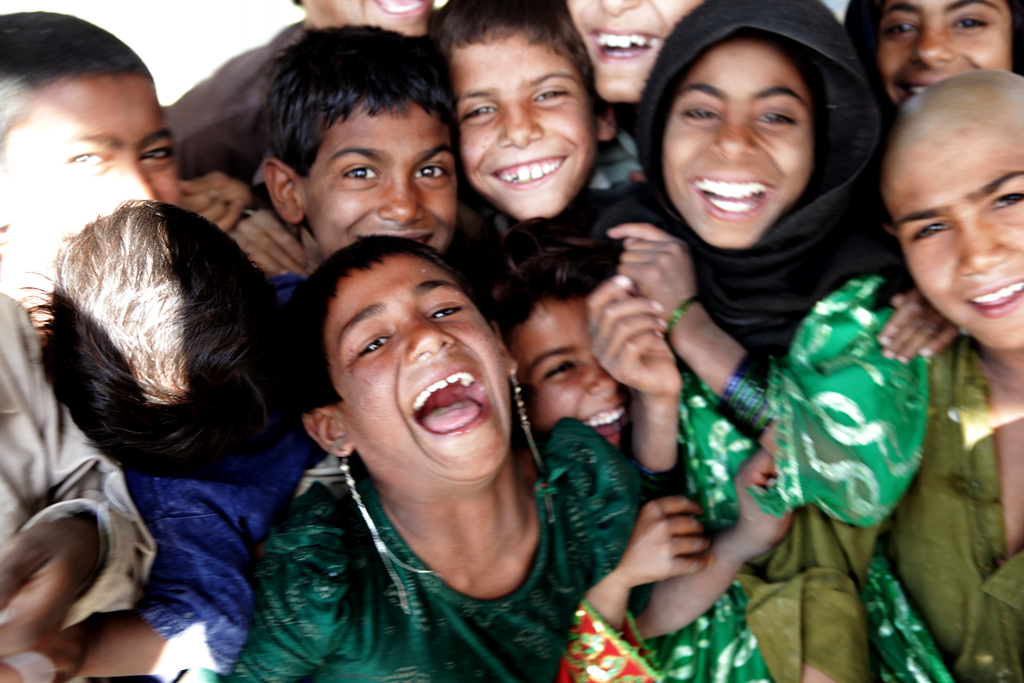Strangers At Home
10 Afghan women, fighting for equal rights
-
Strangers At Home explores the fight for equal rights of Afghan women. Although new legislation ensures Afghan women quasi equal rights, the reality is these new laws are not enforced. The new government has allowed women to speak up for their rights and even take part in the political process. There are an increasing number of women who are fighting for gender equality by any means, especially in larger cities. Women are appearing more frequently in male dominated professions. The new Afghan Parliament consists of 27% women and over 300 women ran for office. All of these women are subjected to abuse both physical and emotional, and even worse they are often the target of violent attacks. I aspire, through my work, to show Afghanistan in another light. An Afghanistan with strong women who are changing their country little by little, underneath the Burka, in the face of death. My project will explore the lives of ten Afghan women who are fighting for equal rights for their gender. Whether through politics, education, or any other means these women risk their lives daily to correct the archaic social hierarchy of their country. Their courage, persistence, and fearlessness must be recognized.
Sponsored by:


Seena Rahmani
is the producer and director of the show “Mor”(mother).
It is a weekly program on cable television’s “Shamshad Television” broadcast.
She has five daughters and is therefore particularly concerned about Afghanistan’s future.
She says: “women are no longer transparent in Afghanistan”
Najiba Ayubi- Executive Director of Public Media Program (TKG)
Najiba Ayubi is a writer, journalist, media manager and press freedom activist. She is the Director of Radio Killid in Kabul, Herat and Jalalabad. The Killid Group (TKG) is an Afghan public media group made of eight local Radios and two weekly nation-wide magazines,The Killid Magazine and Mursal, exclusive women’s weekly, established by the Development and Humanitarian Services for Afghanistan (DHSA) in 2002. She says: “Women in media are under stress from the public, their families, even other women opposed to seeing them in the media. I prefer to award women at work and create a labor-friendly climate, such as a kindergarten in the workplace. ” (www.tkg.af)
Hasina Safi
She is Executive Director of the Afghanistan Women’s Education Centre (AWEC), and the head of the
Afghan NGO delegation. Afghan Women’s educational center was established in 1991 by a group of refugee
women in Pakistan whose children had problems with education, and today it is the leading women organization
working in more than 17 provinces of Afghanistan, the mission is women empowerment and self-sufficiency from
literacy to advocacy. She believes education is the key solution towards the sustainability of a nation.
(www.awec.info)
Zarin Karamkhail – School Director
Zarin is director of the “Al-Fatah School” in Kabul and has been working 29 years in education. The school was built
by the Russian occupiers in 1986 and has long beenreserved for the children of Kabul’s elite. Today, the Al-Fatah school
with about 8,000 pupils, aged between 6 and 18 years, one of the largest girls’ schools in Kabul. Zarins main concernis
following way: “The progress in Afghanistan depends on the education of women. That’s why I encourage my students
to educate themselves and get married immediately”.
Karima Salek, head of the Society of Afghan Women
Karima Salik has managed the Kabul Women’s Garden for the past three years. The garden is now in the midst of a $500,000 face-lift supported by the United States Agency for International Development and CARE International.
The garden offers an oasis of freedom for Afghan women. The women worked at a clothes and handicraft shop at the garden.
a well-hidden beside a swimming pool, fitness club for women in Kabul.The “Sports Club” is open every day
from 15:00 to 19:00. The visitors have to Parvin great confidence. Some of these women come from very closed
family. You need the permission of their husbands, there may be around at all clear. Many women are sick because of
their lack of exercise. They are overweight and have problems with the joints.
Farckhunda Arso – Radio presenter
There were times when Farckhunda wanted to stay home and accept the classic role of Afghan women.
Her father, however, had other plans for her. He made sure she received a good education and
encouraged her to play sports.
Today she is 21 years old and Farckhunda has a degree in linguistics.
She is a radio sports broadcaster and plays volleyball for the Women’s national team in Afghanistan.
Nasima – police officer
Nasima has guarded The Women’s Garden in Kabul since 2010. Nasima and a fellow
female officer guard the gardens without weapons. Their duty is to secure the gardens
against female suicide bombers, who pack explosives under their burkas. She is worried
that she will have difficulty stopping an attack unarmed. She has been a police officer
since 1986, with an interuption during the Taliban regime. Her husband is also a police
officer and also supports her career.
Dr. Hussn Banu Ghazanfar— Minister of Women’s Affairs
H.E. Dr. Husn Banu Ghazanfar was born in Balkh on 1st February 1957.
She graduated from Sultan Razia High School in Mazar-e-sharif and obtained her BA and Master’s degree on
Literature and Sociology from Stawarpool Qafqaaz in 1983. Right after she obtained her Master’s degree she
became the scientific cadre of the Literature Faculty of Kabul University. After two years of service as a lecturer
in the Faculty of Language and Literature at Kabul University, she went to St. Petersburg to obtain her Doctrine
on Philology. She obtained her doctrine and returned to the country. In July 2006, Dr. Husn Banu Ghazanfar
received vote of confidence from the Parliament to become Minister of Women’s Affairs.
Her scientific articles and essays have been published in national as well as international newspapers.
She is a poet, and has published the books “The Human Fate,” “Predations in the 21st Century”, “The Secrets
of Beauty and Attraction”, and translated the book “Self Realization.” ←Source
Shinkai Karokhail — member of Afghan parliament since 2006
Mrs. Shinkai Karokhail was born in Kabul, in Afghanistan, where she serves today as a Parliamentarian in the
National Assembly. She has a Diploma in English from the National Institute of Modern Languages of Islamabad,
Pakistan. She also studied to become a Medical Doctor from the Medical College of the Kabul University between
1979 and 1984, and is currently studying political science.
Mrs. Karokhail was one of the founding members of the Afghan Women Educational Center (www.awec.info) in 1991,
where she acted as a teacher in the first years, holding various positions as program coordinator or communication
officer throughout the development of the NGO. She was also involved in other social work activities with other NGOs
in Afghanistan. Since 2002 she has been an acting director of the AWEC, where she is responsible for programs
development and management.
In 2005, she was elected as a Parliamentarian in the National Assembly of the Islamic Republic of Afghanistan,
where she works towards conflict prevention and promotes women’s rights.←Source
